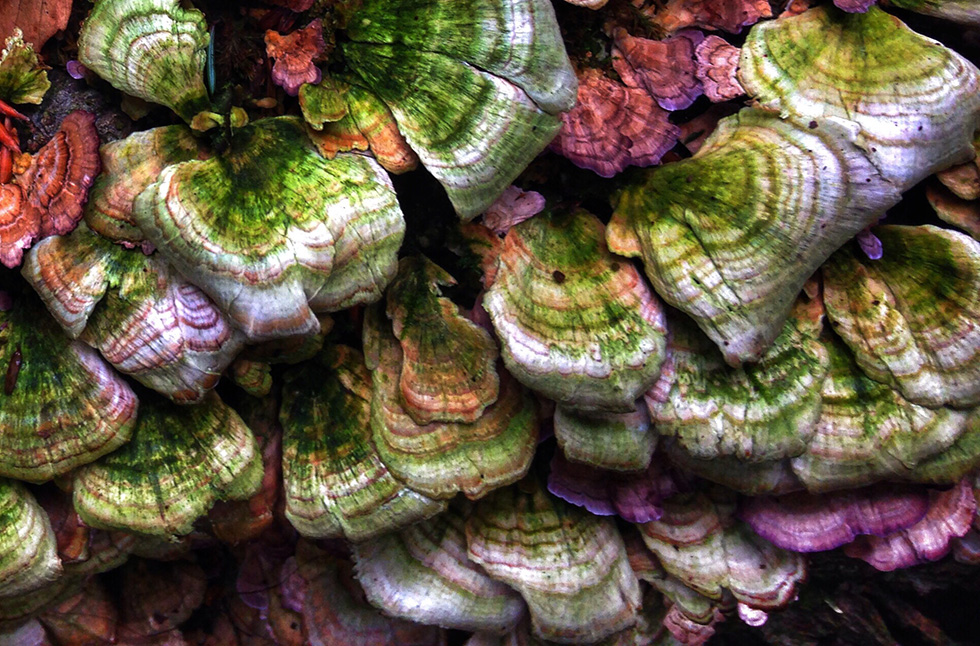The Ginkgo Biloba tree, like the olive tree, is considered as a sacred tree in its East Asian homeland and is one of the world’s longest-lived and hardiest trees.
Particularly old specimens can be seen in temples and pilgrimage sites throughout Japan and China, where they are revered as a symbol of longevity, love, fertility, and hope, and can reach heights of up to 40 meters. Ginkgo leaves were also employed to protect books from pests in China, and the nuts were used in Chinese folklore.
Healing ingredients
Flavonoids, which are potent antioxidants, and terpenoids, which aid improve circulation by dilating blood vessels are thought to be the most beneficial components of ginkgo.
Ginkgo Biloba, often known as maidenhair, is a Chinese tree that has been cultivated for thousands of years for a number of purposes.
It’s frequently referred to as a living fossil because it’s the only surviving member of an ancient plant order.
While the leaves and seeds of the ginkgo biloba are commonly used in traditional Chinese medicine, modern research focuses mostly on ginkgo extract, which is prepared from the leaves.
Ginkgo supplements are linked to a variety of health benefits and uses, the majority of which are with brain function and blood circulation.
Ginkgo Biloba Contains Powerful Antioxidants, Ginkgo contains potent antioxidants, which fight the damaging effects of free radicals and may be behind most of its health claims.
Ginkgo (Ginkgo biloba) is one of the oldest living tree species. Most ginkgo products are made with extract prepared from its fan-shaped leaves.
The most helpful components of ginkgo are believed to be flavonoids, which have powerful antioxidant qualities, and terpenoids, which help improve circulation by dilating blood vessels and reducing the “stickiness” of platelets.
Most research on ginkgo focuses on its effect on dementia, memory and pain caused by too little blood flow (claudication).
Ginkgo Biloba can Help Fight Inflammation, Ginkgo has the ability to reduce inflammation caused by various conditions. This may be one of the reasons it has such broad health applications.
It can Improve Circulation and Heart Health, Ginkgo can increase blood flow by promoting the dilation of blood vessels. This may have applications for the treatment of diseases related to poor circulation.
Ginkgo can reduce symptoms of Psychiatric Disorders and Dementia, it cannot be concluded that ginkgo treats Alzheimer’s and other forms of dementia, but it might help in some cases. The chances of it helping seem to increase when used alongside conventional treatment.
It might improves Brain Function and Well-Being, Some research shows that ginkgo may improve mental performance in healthy people, but the data is inconsistent.
It can reduce anxiety, some research shows that ginkgo may help treat anxiety, though this is likely due to its antioxidant content.
It can treat Depression, Ginkgo’s anti-inflammatory effects give it the potential to treat depression. More research is needed.
It can support Vision and Eye Health. Some early research shows that supplementing with ginkgo may increase blood flow to the eyes but not necessarily improve vision. More research is needed.
It can treat Headaches and Migraines, Because of its ability to increase blood flow and reduce inflammation, ginkgo may be an effective treatment for some types of headaches.
It might treat depression, Ginkgo’s anti-inflammatory effects give it the potential to treat depression. More research is needed.
It can support vision and eye health. Some early research shows that supplementing with ginkgo may increase blood flow to the eyes but not necessarily improve vision. More research is needed
Ginkgo Biloba can treat headaches and migraines, because of its ability to increase blood flow and reduce inflammation, Ginkgo may be an effective treatment for some types of headaches.


